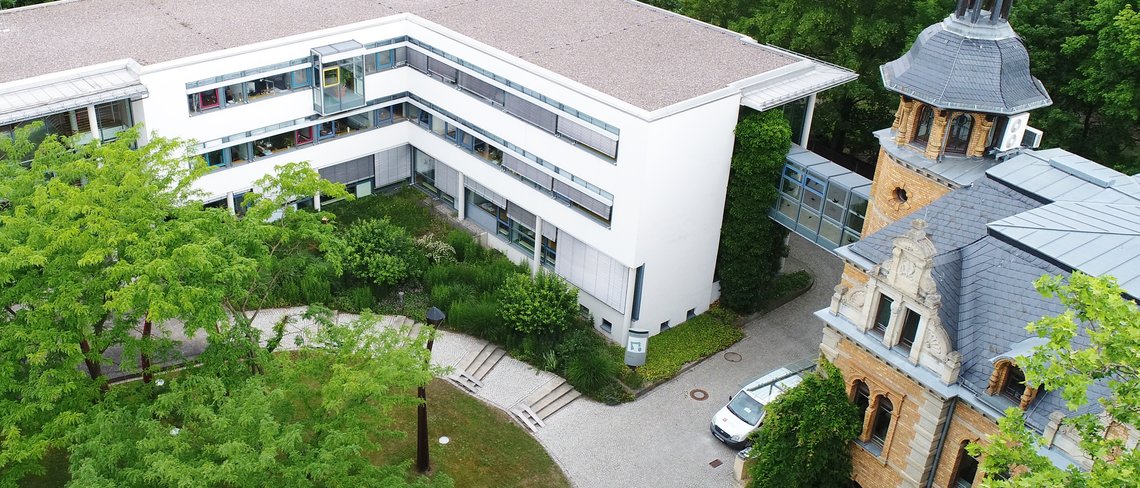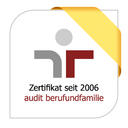Your tasks
The successful candidate will play a central role in the project and its outputs. They will be responsible for integrating multidisciplinary (including archaeology-, history-, and palaeoenvironmental-based) models of past human land use into Earth system models to determine the degree to which changes in human activities and land organisation in pre-industrial time periods may have influenced soil erosion, precipitation, temperature, and even the composition of the atmosphere.
The candidate will work in a leading global centre for deep time and contemporary earth systems research at the Max Planck Institute of Geoanthropology, an Institute combining archaeological, anthropological, geochemical, and Earth system expertise in field and laboratory methodologies. They will also work closely with key project partners and will be expected to also work within the framework of ongoing international research initiatives to ensure maximum reach of results.
Your qualification
The ideal applicant will have a computational background in Earth System or Ecological Modelling, Climate Science, or Physics, or a strong track record of having applied methods from these areas. In-depth knowledge of Earth System Models, and the role of land use and land cover in effecting these models, is essential. Other prerequisites include evidence of strong oral and written communication skills, including an excellent publication record, commensurate with career stage and care duties. Willingness to work as part of a team, travel to field sites, a strong work ethic, and the ability to complete tasks in a timely and structured fashion are also necessities.
Essential:
- PhD and Masters degree in Earth Sciences, Geography, Earth Systems Modeling, Climate science, Mathematics, Physics, or a similar discipline or specialism.
- Hands on, practical experience with Earth System Models (Global Climate and/or Vegetation Models) and/or experience with the compilation of diverse multidisciplinary datasets to produce estimations of land use that can be factored into dynamic Earth System Models. Advantageous:
- Analytical experience in the tropics.
- Experience with archaeological, historical, and palaeoenvironmental datasets as well as their relative pros and cons in land use/landcover reconstructions.
- Enthusiasm for applying Earth system, physics, and climate science methods to archaeological, historical and ethnographic records and contexts.
- Outreach skills in the context of communicated climate science or the ramifications of human land-use to a non-academic audience.
Our offer
The position offers a unique opportunity to develop cutting edge research in the city of Jena that is renowned for its position at the intersection of Biogeochemical, Ecological, and Archaeological research. The Max Planck Society and the European Research Council both promote these multidisciplinary connections and this position offers the candidate the possibility of making the most of such networks and become a leader in novel approaches to the utilization of archaeological and palaeoenvironmental datasets in Earth system modelling.
The position will begin on the 1st of April 2025 though some flexibility in start date is possible. Renumeration will follow the public service pay scale (TVöD) up to paygroup 13, according to the candidate’s qualifications and experience. You are entitled to an annual bonus, 30 days' holiday and time off on 24th and 31st December. We also offer attractive and family-friendly flexitime and arrangements for remote working. A company pension scheme (VBL), an employer subsidy for a job ticket, the opportunity for further training, and language and health courses complete our offer.
The Max Planck Society is committed to employing more individuals with disabilities and especially encourages them to apply. We are also committed to encouraging diversity and actively challenging biases based on gender, nationality, ethnicity, sexual orientation, religion and other components of identity. We were honored with the TOTAL E-QUALITY award for the first time in 2023 for our commitment.
The Max Planck Society supports the compatibility of family and career and is certified according to the "berufundfamilie" (“job and family”) audit.
Please submit your application (which should include a cover letter, a CV of no more than 3 pages, list of publications with a maximum of 10 relating to the topic, and any relevant certificates) by February 17, 2025. You are also required to ask three referees to submit letters of recommendation, which are also due by February 17, 2025. Please upload your application as a single pdf file in English to the link below. Referees should independently submit their letters as a pdf file to the following email address by the same deadline.
We are looking forward to your application!
About us
The Department of Coevolution of Land Use and Urbanization and the ’PANTROPOCENE: Finding a Pre-industrial Anthropocene Project’, Max Planck Institute of Geoanthropology, Jena, Germany is pleased to announce a new vacancy for a Research Fellowship position in the characterization of prehistoric and historic land-use and its use in dynamic Earth system modelling. The fulltime position will be for a period of up to 3 years and based in Jena, Germany.
The Department of Coevolution of Land Use and Urbanization studies the long-term interaction between cities (and their non-urban counterparts), land use, and the Earth system. The PANTROPOCENE project is focused on reconstructing pre-colonial and colonial land use changes across the tropical portions of the former Spanish Empire, with particular focus on the under-represented Philippine Archipelago, and determining whether they may have initiated pre-industrial Earth system feedbacks on regional and global scales.
Kahlaische Straße 10
07745 Jena




